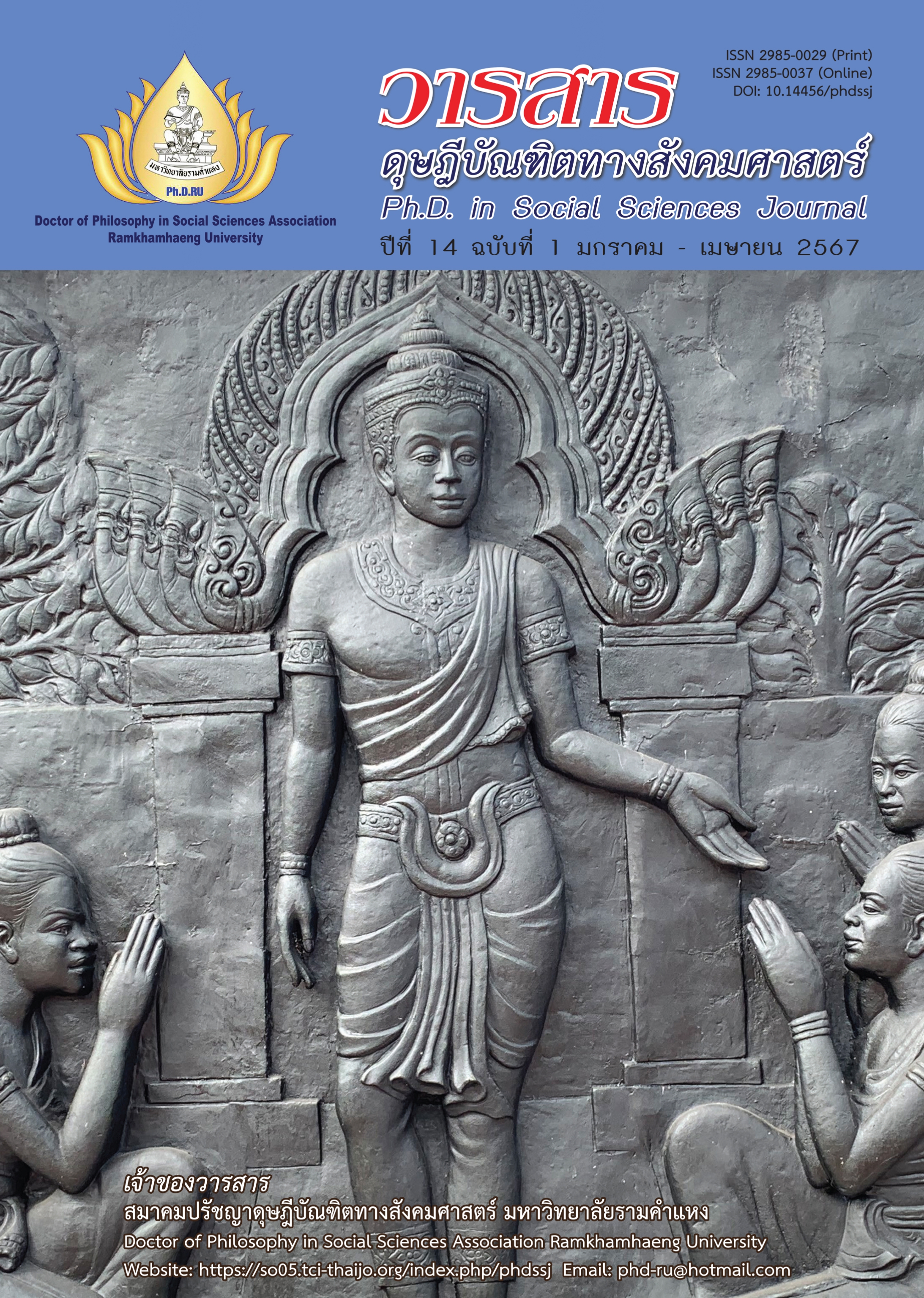Problems with Policies Interfering in the Cassava Market
Main Article Content
Abstract
This academic article aims to analyze the problem of policy intervention in the cassava market. Using the cassava pledging model during the Thai Rak Thai Party government. People Power Party and Pheu Thai Party and income guarantees for cassava farmers during the Democrat Party and Palang Pracharath Party governments. It is a framework for analysis.
Findings are as follows: Intervention in the cassava market through pledging includes supporting production factors for working capital and supporting investment in cultivation. Promoting investment in processing plants to support exports and increase the value of cassava. Price intervention in the cassava market to raise the price of cassava roots at the beginning of the harvest season or delay the digging of cassava roots and export subsidies. The intervention in the cassava market by the cassava policy has caused the following problems: fiscal burden with most of the benefits falling on the cassava yard operators. Corruption arises from cooperation between farmers, entrepreneurs and government officials and the fluctuation of the price of fresh cassava in each harvest season is uncertain. As for farmer income insurance, it includes guaranteeing a stable income for farmers. Reduce the burden of government expenses by using central reference criteria and allow the trading mechanism to operate normally. This creates stability in the price of products and can compete in the world market. Including helping farmers who grow cassava to be able to live sustainably.
Article Details

This work is licensed under a Creative Commons Attribution-NonCommercial-NoDerivatives 4.0 International License.
Academic articles, research articles, and book reviews in the Ph.D. in Social Sciences Journal are author’s opinions, and not the publisher’s, and is not the responsibility of the Ph.D. in Social Sciences Journal Philosophy Association, Ramkhamhaeng University. (In the case that research is done on human, the researcher has to be trained in Ethics for Doing Research on Human Training and has to produce the evidence of the training).
References
Mingmaninakin, W. (2012). Study of measures to intervene in the cassava market to prevent corruption. Thailand Development Research Institute. [In Thai]
Ministry of Agriculture and Cooperatives. (2015). Research strategies in agriculture and agro-industry Ministry of Agriculture and Cooperatives (B.E. 2558-2564). Author. [In Thai]
Phothisai, A. (1999). Price insurance policy: A new choice for Thai farmers. Chunniti, 6(4), 151-157. [In Thai]
Poapongsakorn, N. (2014). Intervention in the agricultural market and the concentration of excess returns. In Economic reform for social justice (pp. 75-129). Thailand Development Research Institute. [In Thai]
Singhapreecha, C. (2013). Economics regarding intervention in agricultural product prices: From theory to practice. Chiang Mai University Journal of Economics, 17(2), 4-16. [In Thai]
Sowcharoensuk, C. (2023). Industry outlook 2023-2025: Cassava industry. Krungsri Research. [In Thai]


